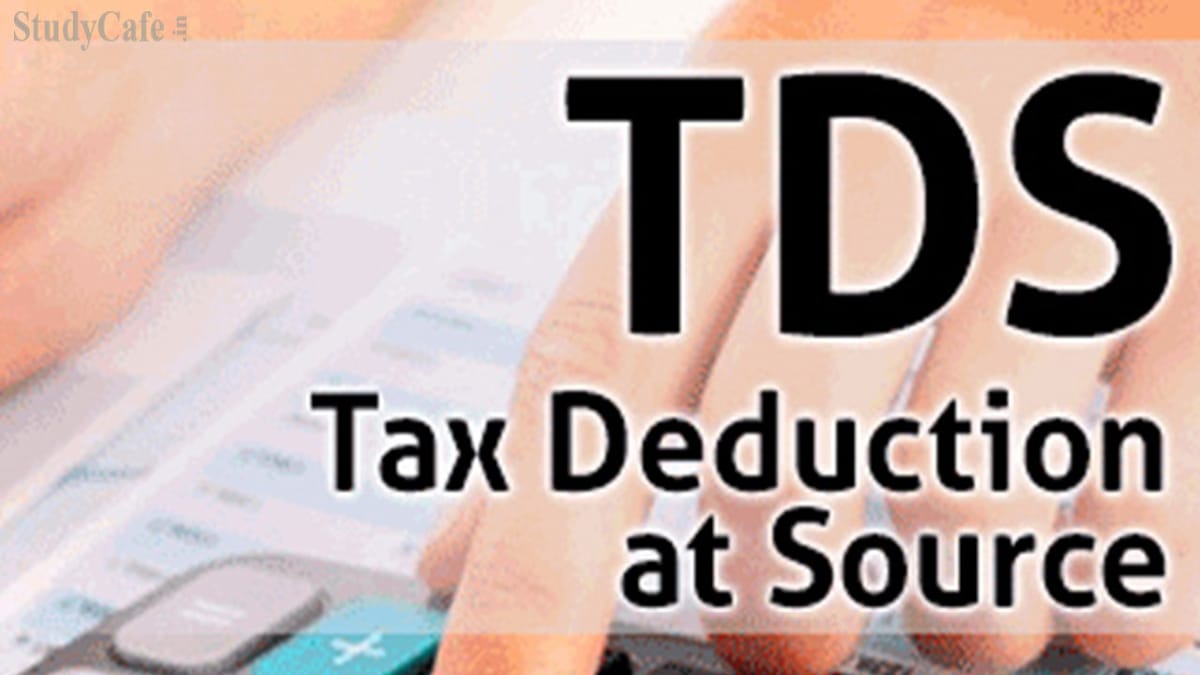Section 206AB: Practical Issues regarding Double TDS
Deepshikha | Apr 6, 2022 |

Section 206AB: Practical Issues regarding Double TDS
To encourage taxpayers to submit ITRs and deter non-filers, new sections of the Income Tax Act will take effect on July 1, 2021, under which TDS will be collected at double rates for certain categories of people. The introduction of Section 206AB in Budget 2021 stated these additional measures, which would take effect on July 1, 2021.
The terms of the newly adopted Section 206AB would only apply to those persons (including individuals, partnership firms, LLPs, and corporations) who have not filed an ITR for the preceding two years and have had more than Rs. 50,000 in TDS was deducted in each of those two years.
If the preceding condition holds, the person making the payment to the person in the preceding group will be obligated to deduct TDS at double the rate, or 5%. (whichever is higher).
The purpose of this section is to encourage everyone (particularly those whose TDS has been deducted) to file their Income Tax Returns each year.
Apart from the conditions of more than Rs. 50,000 TDS deduction and two years of non-filing of ITR, the requirements of this newly adopted section do not apply to Non-Residents who do not have a permanent establishment in India.
If payment is made to a Resident Indian under any of the following sections, the terms of this section do not apply:
This new provision addressing double TDS does not apply if the payment is made under any of the above-mentioned sections for the above-mentioned purposes. If the payment is being made for any other reason, however, the rules of this section will apply.
For example, Mr X works for ABC Ltd as a salaried employee and earns Rs. 7,00,000. For the past two years, he has failed to file his tax returns. For the past two years, the TDS deducted on his income has been more than Rs. 50,000. The requirements of Double TDS would not apply in this scenario because the payment made by ABC Ltd to Mr X is in the nature of a salary.
However, if the same Mr X provided consulting services to ABC Ltd, the requirements of this section would apply in such a situation, and TDS would be charged at double the rate. If Mr X had submitted his taxes for the previous two years, the TDS deduction for professional consultancy services would have been 10% under Section 194J. However, because Mr. X has not submitted his tax returns, the terms of this section will apply, and TDS will be taken at a rate of 20% (double the typical rate of 10% or 5%, whichever is higher).
As a result, in this scenario where Mr. X supplied professional advisory services, TDS would be charged on the payment for architectural services at 20% of Rs. 7,00,000, i.e. Rs. 1,40,000. When Mr X files his income tax returns, he will be entitled to claim credit for the double TDS.
This section’s provisions will only apply if the deadline for filing an ITR under Section 139(1) has passed. The deadline for filing an ITR under Section 139(1) for the fiscal year 2020-21 has already been extended for non-audit cases until September 30, 2021, and for audit cases until October 31, 2021.
As a result, while this section technically takes effect on July 1, 2021, the terms of this section will not become effective until September 30, 2021, as the ITR filing deadline has not yet passed. Furthermore, there is no mechanism in place to check if a person who had TDS deducted in excess of Rs. 50,000 in the previous two years has filed his taxes. The Internal Revenue Service should ideally build a framework on its website that will assist in determining whether or not a person has submitted an ITR. It is quite impossible to put this newly introduced part into practice without this foundation.
In case of any Doubt regarding Membership you can mail us at [email protected]
Join Studycafe's WhatsApp Group or Telegram Channel for Latest Updates on Government Job, Sarkari Naukri, Private Jobs, Income Tax, GST, Companies Act, Judgements and CA, CS, ICWA, and MUCH MORE!"